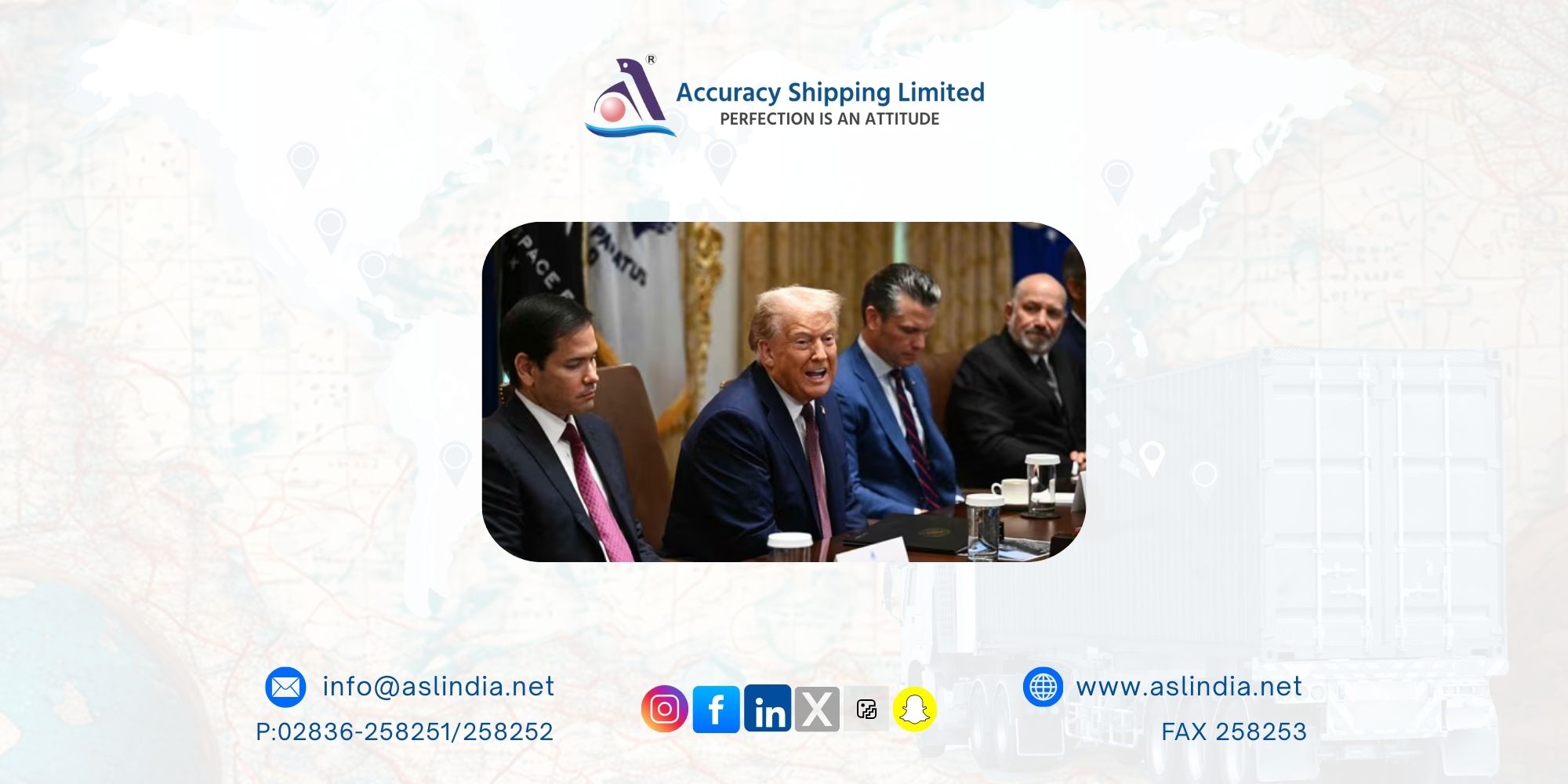‘They won’t buy…’: After Russian oil, corn becomes new flashpoint in US' tariff push on India

The India-US trade relationship is once again under strain, this time over corn. After weeks of heated exchanges on energy imports from Russia, Washington has now turned its focus to New Delhi’s refusal to import genetically modified (GM) American corn.
US raises corn issue in trade talks
US Commerce Secretary Howard Lutnick, in an interview with Axios, warned that India risks losing access to the American market if it does not agree to buy US-grown corn. He described the trade relationship as one-sided, arguing that India “sells everything” to the US while restricting American farm goods through tariffs.
“India brags that they have 1.4 billion people. Why won’t 1.4 billion people buy one bushel of US corn? Doesn’t that rub you the wrong way that they sell everything to us, and they won’t buy our corn? They put tariffs on everything,” Lutnick said.
He added that President Donald Trump had directly asked India to lower its tariffs and treat the US the same way Washington treats New Delhi. “That’s the president’s model, and you either accept it or you’re going to have a tough time doing business with the world’s greatest consumer,” Lutnick stated.
India’s stand on US corn imports
India has strongly defended its position, calling the US push “unfair, unjustified, and unreasonable.” New Delhi maintains that its policies are guided by national interest and market conditions, not political pressure.
One of India’s primary objections lies in the fact that most US corn is genetically modified. India prohibits both the import and cultivation of GM corn, citing concerns about its entry into the food chain. Even a NITI Aayog proposal to grow GM corn for ethanol production was shelved. This makes American corn though cheaper and widely available for human consumption and animal fodder unacceptable under Indian food safety laws.
America’s push for farm exports
The demand to open India’s corn market comes against the backdrop of a larger crisis for American farmers. Ongoing trade tensions with China have sharply reduced Chinese orders for US agricultural products, driving farm bankruptcies to a five-year high, according to Bloomberg data.
For President Trump, farmers represent one of his largest voter bases. With the China market drying up, his administration is seeking alternative buyers including India to ease domestic pressures.
Tariffs and tensions
The corn dispute is only the latest in a series of tariff battles. Earlier, Washington doubled tariffs on Indian imports to 50 per cent, even as Trump repeatedly hinted that a broader trade deal was “close.” The United States has also imposed a 25 per cent duty on India’s purchases of Russian oil, one of the highest such levies on any country.
In recent weeks, senior US officials have criticised India’s Russian oil imports, claiming they fund the war in Ukraine. India has rejected these allegations, reiterating that its energy procurement is based on national interest and affordability.
Looking ahead: Trade talks in New Delhi
Despite the harsh rhetoric, both sides have shown willingness to engage. President Trump recently said negotiations with India were ongoing and that he planned to speak directly with Prime Minister Narendra Modi. US trade negotiators are expected in New Delhi later this week, with corn and tariffs likely to top the agenda.
For now, however, Washington’s push for market access and New Delhi’s protectionist stance on genetically modified crops set the stage for another tough round of trade talks. Whether goodwill will outweigh confrontation remains to be seen.







